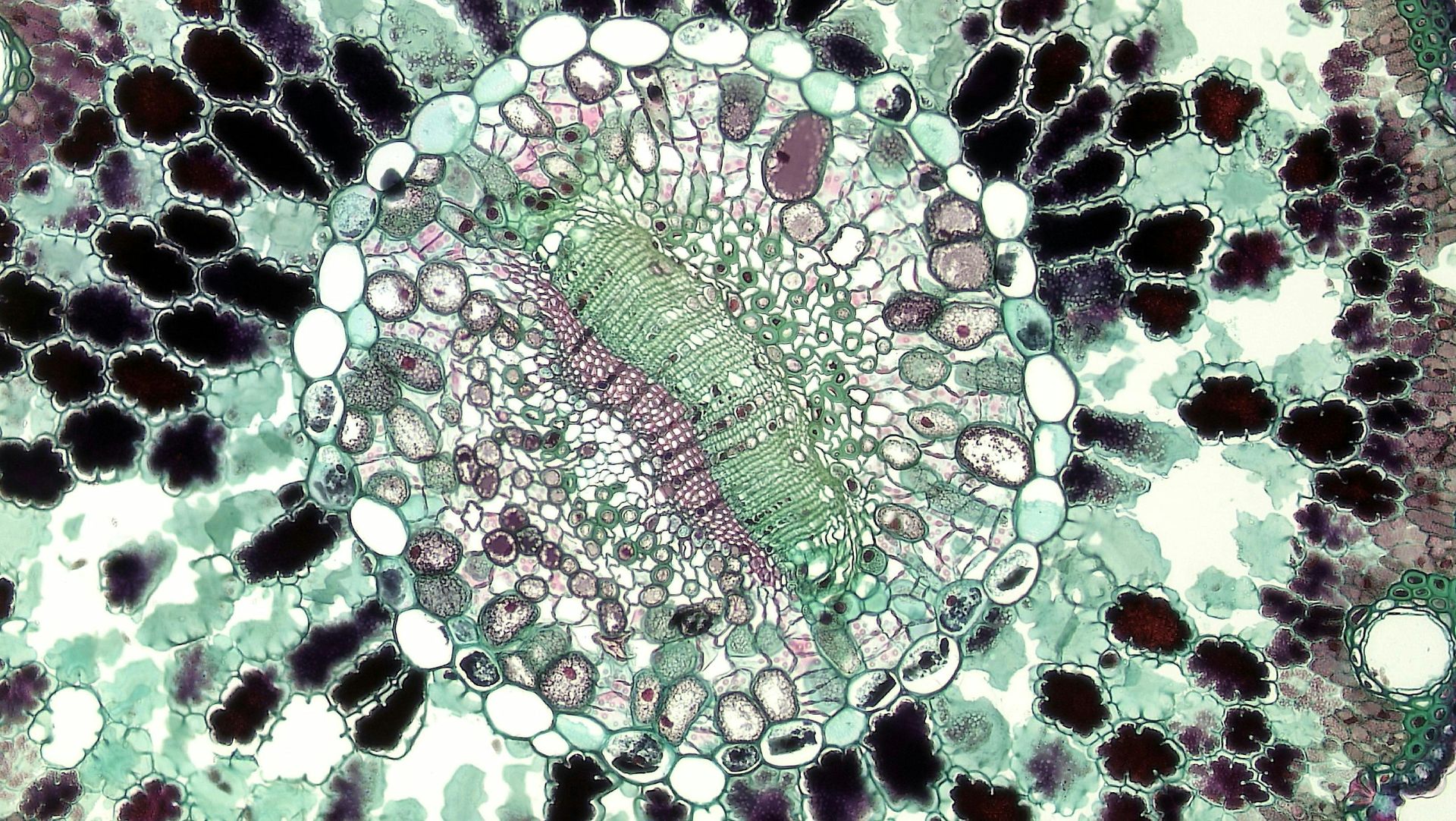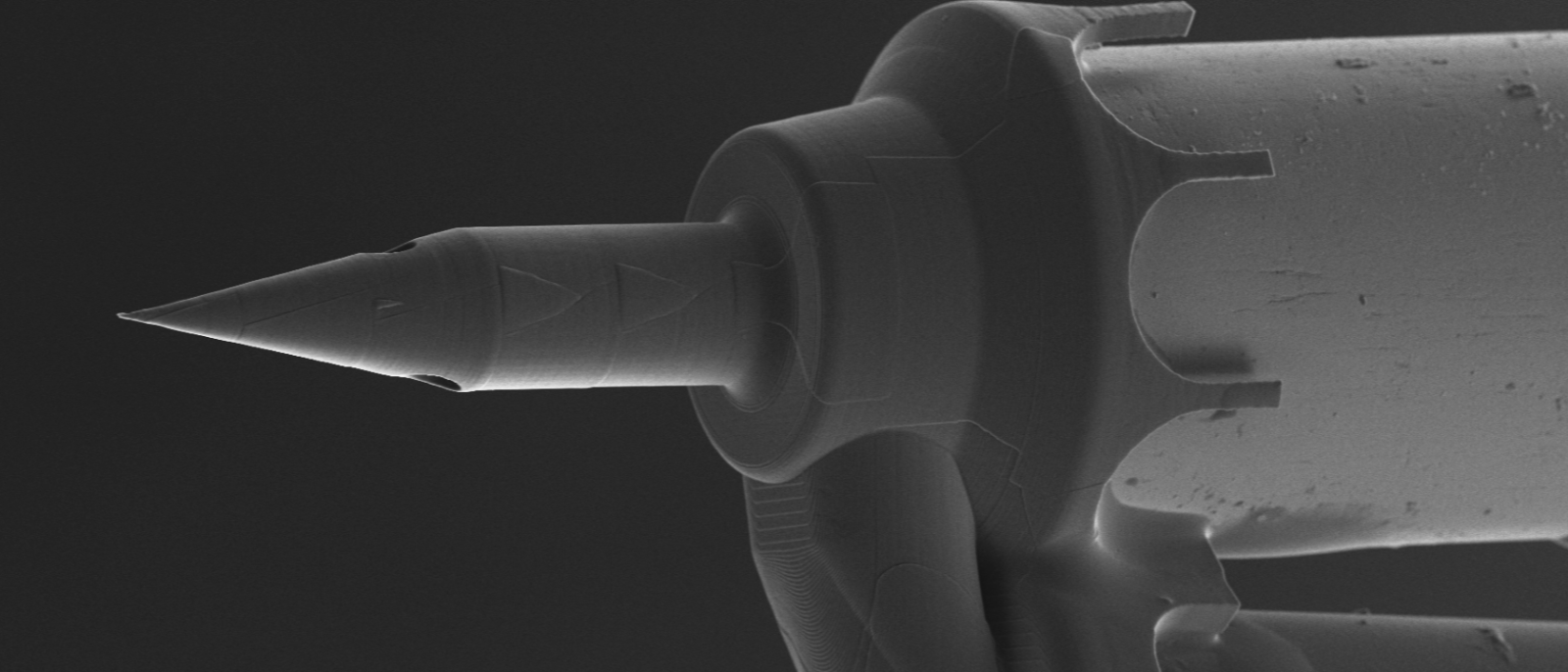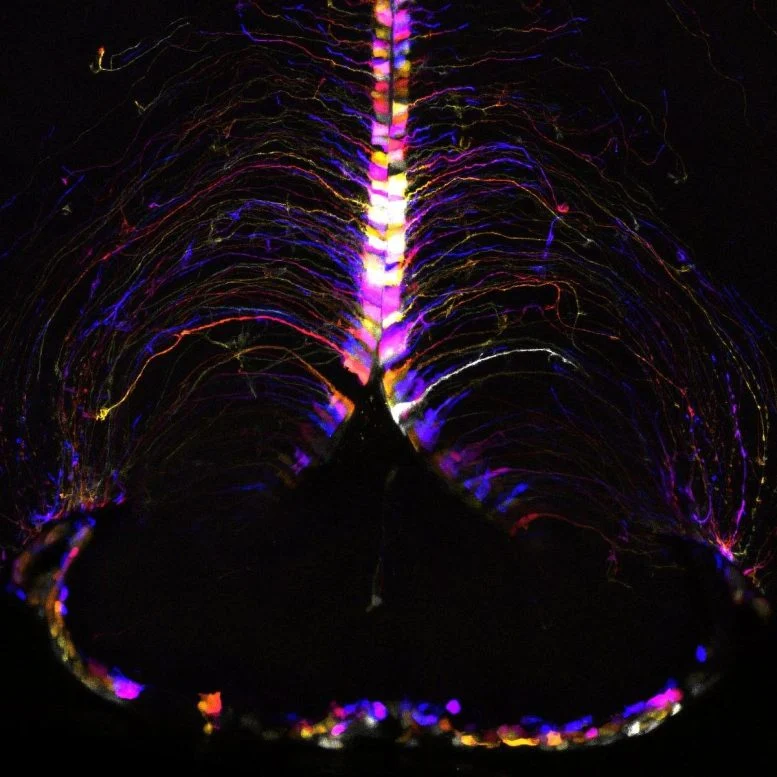Loyal’s Breakthrough in Canine Longevity
San Francisco-based startup Loyal has developed LOY-002, a beef-flavored daily pill designed to give aging dogs at least one extra year of life. The anti-aging pills work by mitigating aging-related insulin increases, which reduce frailty. Loyal’s founder, Celine Halioua, believes the canine-focused research could also inform human anti-aging solutions.
“Dogs share our environment, habits, and age-related diseases in ways lab mice do not,” Halioua explained, highlighting the unique benefits of studying aging in dogs. LOY-002 is currently undergoing nationwide trials in real-world veterinary settings. Loyal expects to launch the pill for dogs early next year, though human trials remain uncertain.
Anti-Aging Pills: The Dog Aging Project and Rapamycin
Parallel research at the University of Washington focuses on rapamycin, a drug used in human organ transplants. Researchers with “The Dog Aging Project” believe low doses of rapamycin could extend canine lifespans by up to three years while enhancing heart and cognitive functions.
Unlike LOY-002, rapamycin has already been approved for human use, but its potential as a longevity drug is still under investigation. Results from these studies are expected in four to five years, potentially offering groundbreaking insights into both human and canine aging.
A Shared Future for Human and Canine Health
Both initiatives underline the growing interest in using dogs as models for human aging. Whether through LOY-002 or rapamycin, these studies may pave the way for longer, healthier lives—not just for our pets, but for humans as well.






